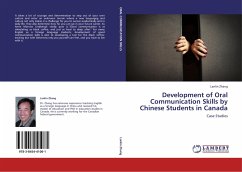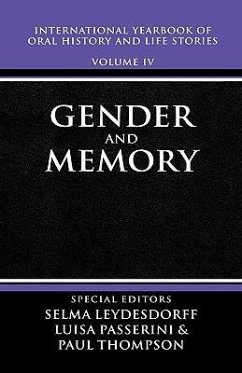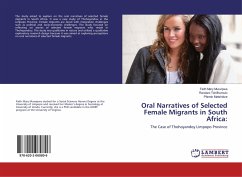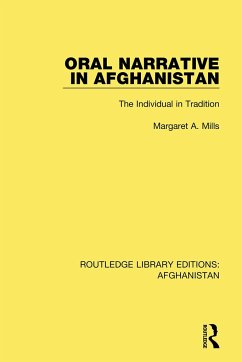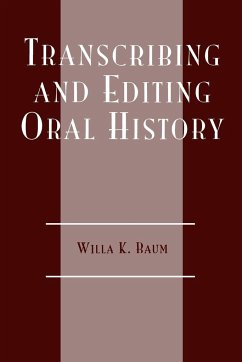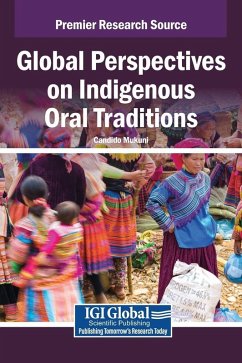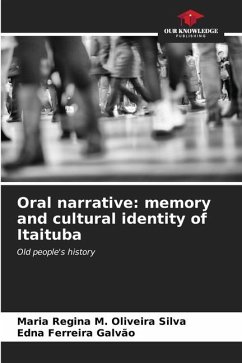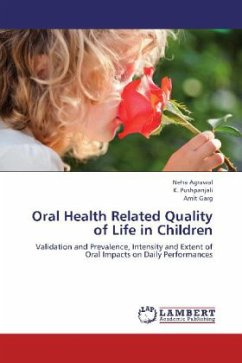
Oral Health Related Quality of Life in Children
Validation and Prevalence, Intensity and Extent of Oral Impacts on Daily Performances
Versandkostenfrei!
Versandfertig in 6-10 Tagen
32,99 €
inkl. MwSt.

PAYBACK Punkte
16 °P sammeln!
Oral health-related quality of life (OHRQoL) instruments have being widely used in oral health studies. However, most OHRQoL measures are designed to assess the adult population, mainly due to the difficulties for developing such measures for children and their validation. The main contribution of this study was to successfully assess psychometric properties and describe the impact of oral health on children s quality of life and its importance for this specific age group. The use of indicators of OHRQoL in children is necessary since they are based on self-perception and oral health impact, w...
Oral health-related quality of life (OHRQoL) instruments have being widely used in oral health studies. However, most OHRQoL measures are designed to assess the adult population, mainly due to the difficulties for developing such measures for children and their validation. The main contribution of this study was to successfully assess psychometric properties and describe the impact of oral health on children s quality of life and its importance for this specific age group. The use of indicators of OHRQoL in children is necessary since they are based on self-perception and oral health impact, which is essential for planning and evaluation of health promotion considering biological and psychosocial aspects. This book is very useful for students in general and for dental and public health professional in particular to seek and provide more regular dental care for children.



